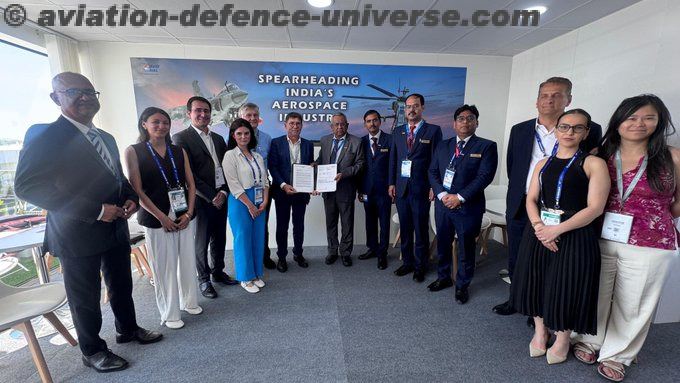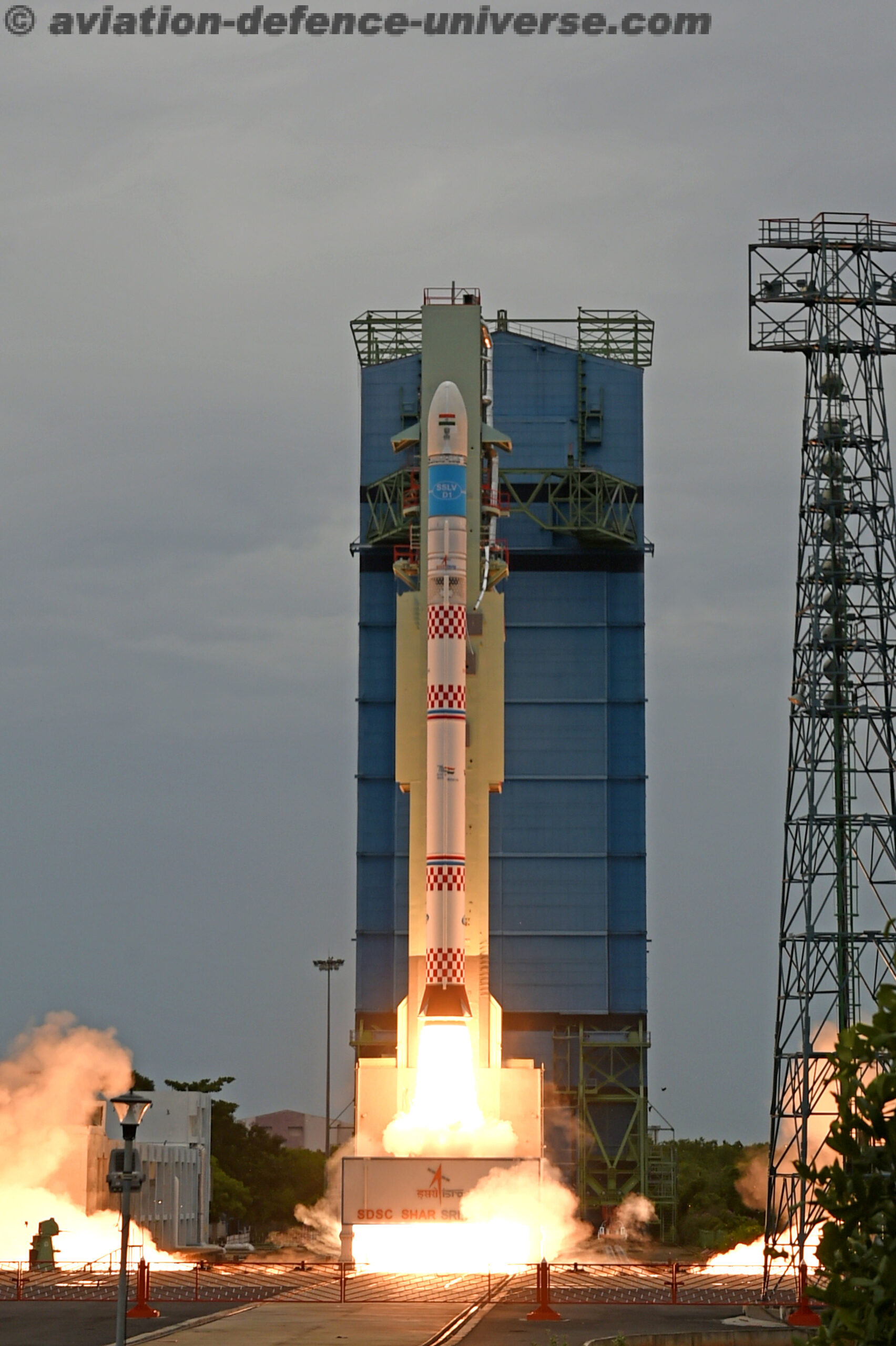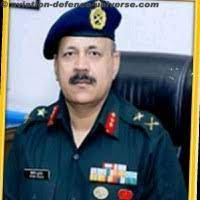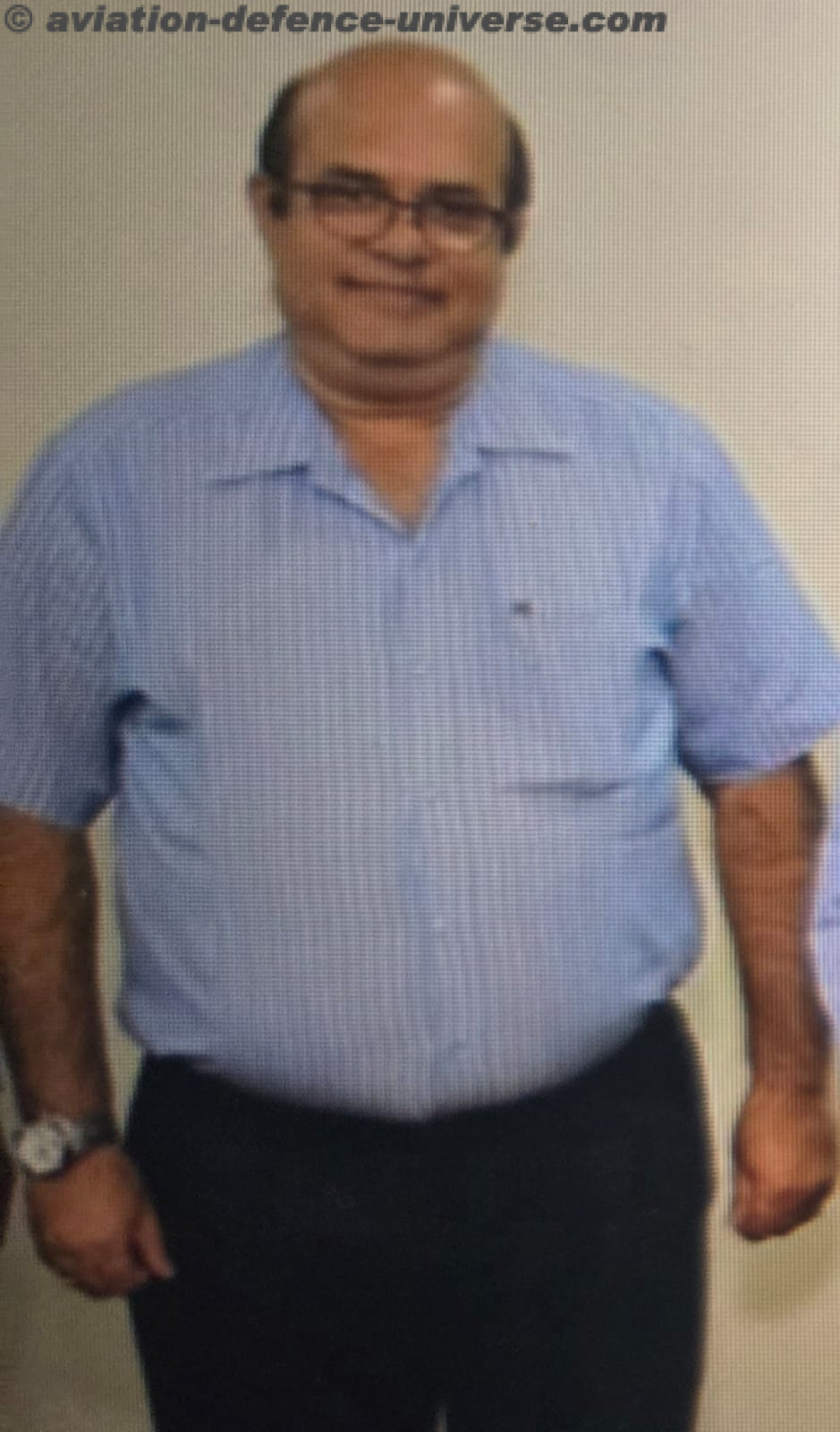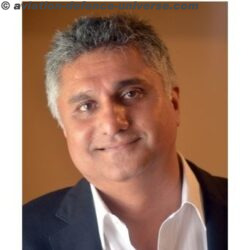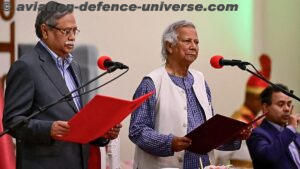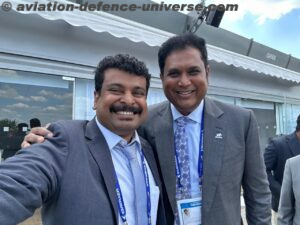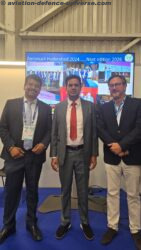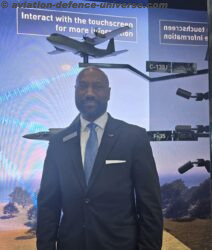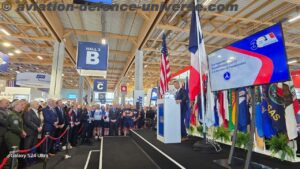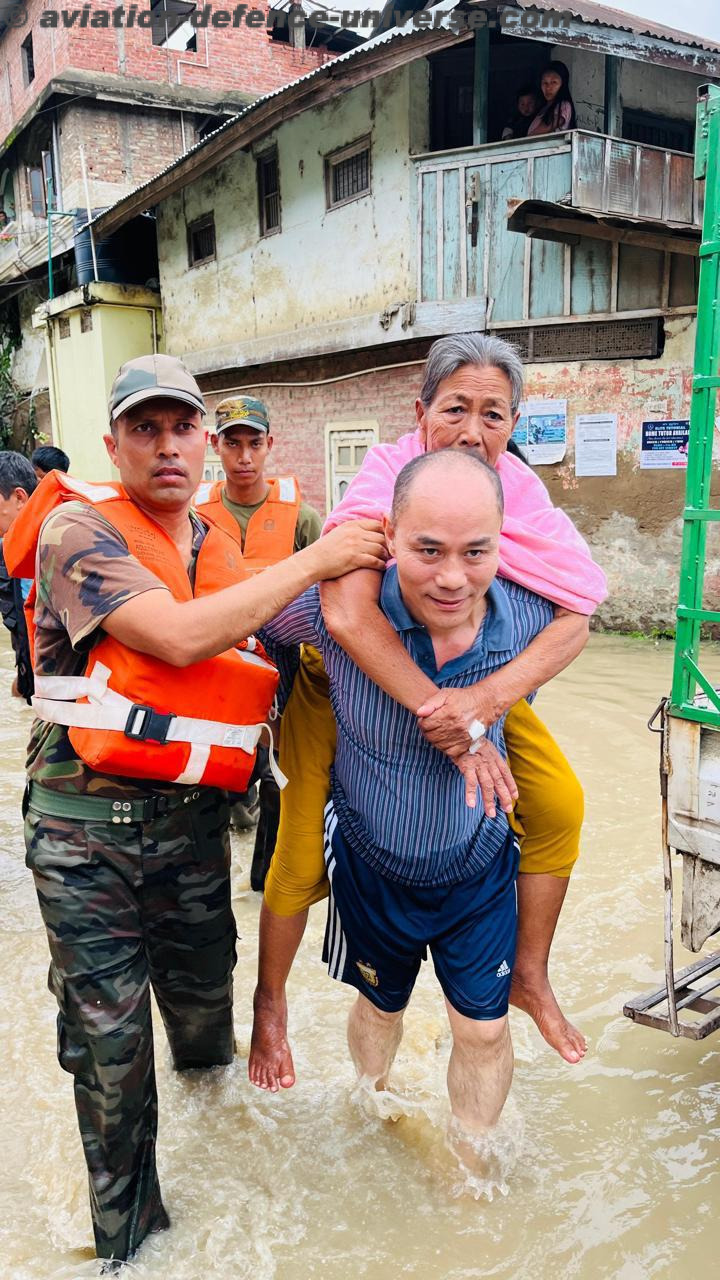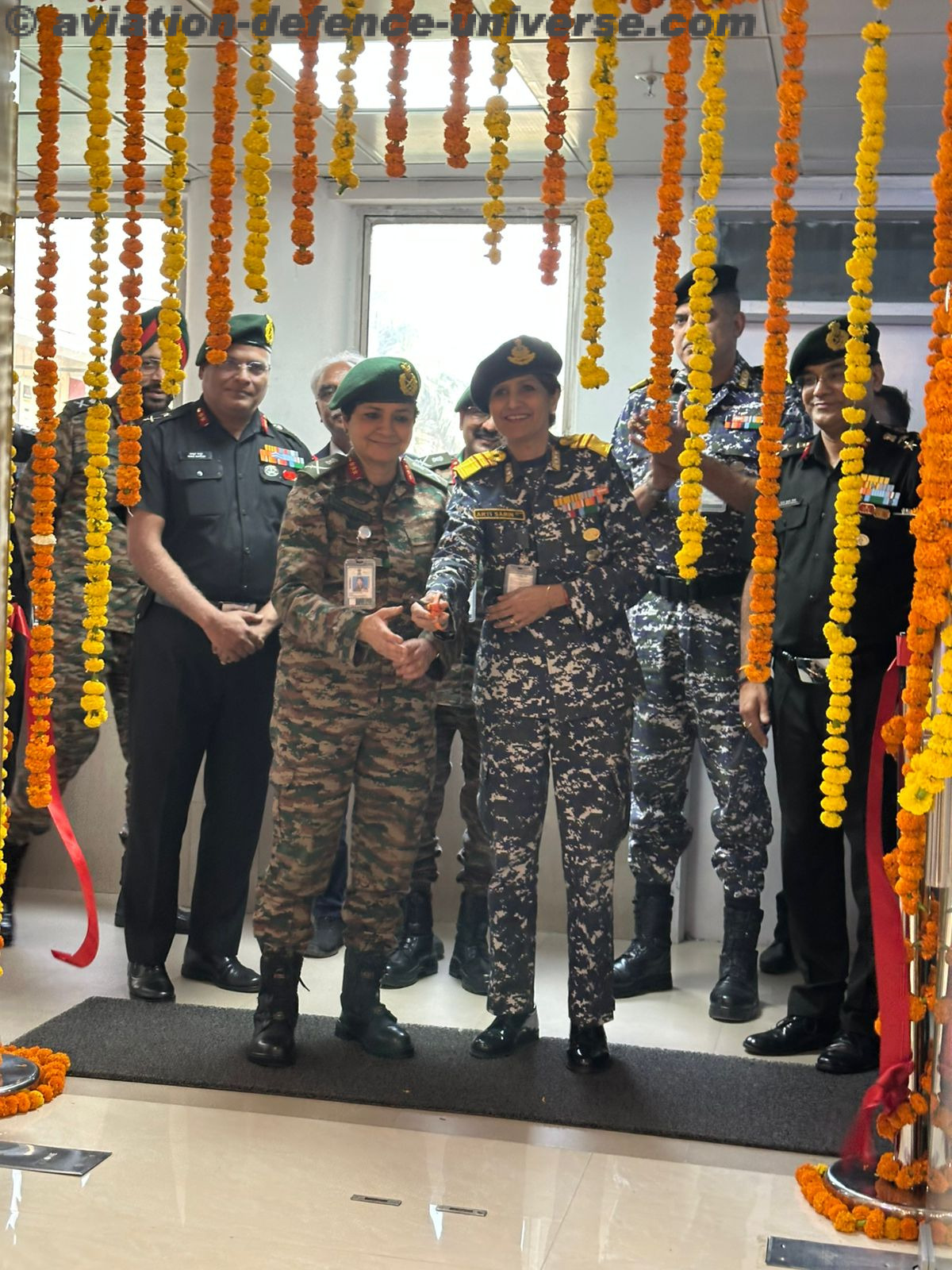New Delhi. 31 December, 2015. India’s relations with West Asia, home to over 7 million-strong Indian diaspora and the source of over 70 per cent of the country’s oil imports, moved onto an upward trajectory in the last twelve months.
In the first quarter of 2015, the visit of the Emir of Qatar March 24-25 enhanced diplomatic, economic and strategic cooperation between the two countries. The visit saw the signing of 4 MOUs and 2 agreements in diverse areas, including ICT, scientific and technical cooperation and media. The two sides signed an important agreement on the transfer of sentenced persons and decided to upscale security and counter-terrorism through regular dialogue, sharing of information, intelligence and assessments and training of personnel.
PM Modi’s visit to the UAE (August 16-17) was a game-changer, which elevated the relationship to the level of a strategic partnership and opened new doors for expanding economic and security cooperation between the two countries. The visit was followed by that of UAE Foreign Minister Sheikh Abdullah bin Zayed Al Nahyan to India (September 3-4). The talks upscaled relations across key areas, including the forging of strategic energy partnership, and cooperation in space, nuclear energy, renewables and higher education. There was a major breakthrough in enhancing counter-terror and security cooperation, with the two countries launching a security dialogue and stepping up coordination in counter-terrorism operations, de-radicalization, intelligence sharing and capacity building. The UAE’s support for the adoption of India-backed Comprehensive Convention on International Terrorism in the United Nations and support for dismantling terrorism infrastructure and isolating state supporters of terrorism was especially significant.
The visit of Iran’s Foreign Minister Javad Zarif in August focused on raising the economic relationship between India and Iran in the backdrop of the historic nuclear deal between Iran and the P5+1 countries. The talks have set the stage for transforming India-Iran relations and enhancing two-way trade and investment. The decision to move from the existing buyer seller relationship to a genuine energy partnership involving both upstream and downstream is a potential game-changer. Issues relating to the two ongoing projects related to Chahbahar and the International North South Transport Corridor (INSTC) and India’s participation in the Iranian railways sector were also discussed.
President Pranab Mukherjee’s visit to Jordan, Palestine and Israel (October 10-15) signaled the Indian government’s strategic intent and commitment to simultaneously enhance relations with the Arab world as well as Israel, without allowing it to become a zero sum game.
In Israel, the two sides developed a roadmap for expanding cooperation in solar energy, dairy development, water management, horticulture, animal husbandry and agriculture as well as cooperation between Indian Space Research Organization and Israeli Space Agency. India and Israel discussed new possibilities and synergies to diversify trade as well as mutual investments. Two inter-governmental agreements were signed and eight MoUs were exchanged between the educational institutions of India and Israel.
In Jordan, 16 MoUs and agreements, including between academic institutions, were signed as the two sides explored opening up new synergies in diverse areas including counter terrorism, defence, IT, and energy.
During his visit to Palestine, the President reiterated India’s principled support to the Palestinian cause, calling for a negotiated solution towards a united Palestine, existing peacefully with Israel as endorsed in the Quartet Roadmap and relevant UNSC Resolutions. Six MOUs and Agreements were signed, with India announcing an increase in ICCR scholarships from 10 to 25 per annum, and ITEC slots from 50 to 100. India also extended budgetary support amounting to US $5 million to the Palestinian authority.The India-Palestine Center for Excellence in ICT was inaugurated, and another was announced in Gaza. A IT park (Ramallah) and a Palestinian Institute of Diplomacy, at an estimated costs of US $12 million and US $4.5 million respectively, were also announced.














